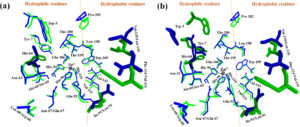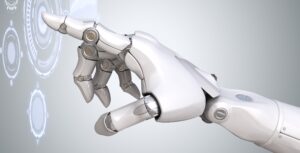INSPIRATION
Manufacturing units generally have resource-intensive operations and, in turn, contribute heavily to GHG emissions.Fortunately, recent advancements in low-carbon manufacturing methods, including sustainable materials and energy-efficient integrations, enable manufacturers to reduce their climate impact. For example, climate tech startups develop heat recovery systems that convert waste heat from industrial plants into electricity. Likewise, manufacturing companies also utilize decarbonization efforts in supply chains and waste management to reduce their emissions. Many manufacturing companies now partner with EV fleet providers to outsource their logistics operations, including last-mile delivery.These efforts, together, reduce the carbon footprint of the industrial sector and advance progress towards net-zero goals.British startup AromatEco develops sustainable household chemicals.The startup upcycles carbon dioxide (CO2) into high-value chemicals to replace fossil fuel- and tropical agriculture-based products. Its solutions include flavors and fragrances. This allows chemical manufacturers to source
low-carbon ingredients and improves sustainability in their operations.
Heaten is a Norwegian startup that makes HeatBooster,an industrial heat recovery system. It is a high-temperature heat pump with a proprietary piston machine to recover heat wasted during fossil fuel combustion. This allows manufacturers in chemical, automotive, metal, and textile industries to reduce energy costs involved in heating processes like compression, drying, and bleaching. By recycling energy, it
lowers the dependence on non-renewable energy from the grid, thereby decarbonizing industrial processes.




